Transnational Coordination Meeting of Erasmus+ UA-Talent-UP Project Participants at the Pontifical University of Salamanca
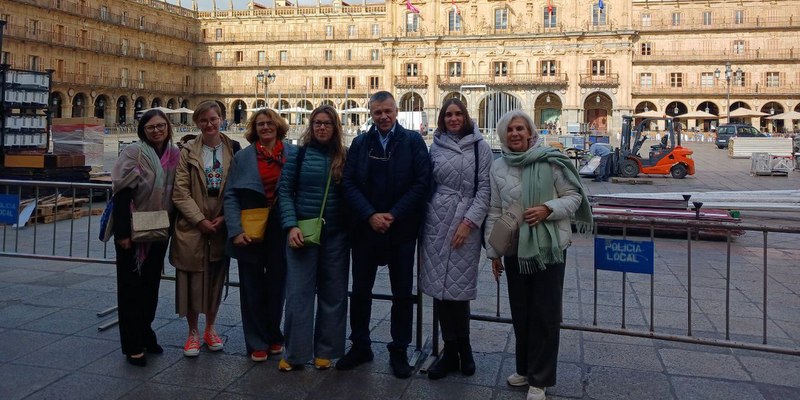
The first transnational meeting of participants in the Erasmus+ project EDU-2023-CBHE UA-Talent-UP took place at the Pontifical University of Salamanca (Spain).
Karazin University was represented at the event by Associate Professor Yulia Dudnieva from the Department of Economics and Management at the Education and Research Institute "Ukrainian Engineering and Pedagogical Academy."
Together with representatives of Simon Kuznets Kharkiv National University of Economics, International European University, Lviv National Academy of Arts, Ukrainian Catholic University, Ternopil National Technical University, University of Applied Sciences (Diepenbeek, Belgium), and the University of Cyprus (Nicosia, Cyprus), she participated in discussions on key aspects of the project’s implementation.
The event program included presentations and practical workshops focused on sharing experiences in developing Massive Open Online Courses (MOOCs) and implementing innovative approaches to fostering global competencies.
Participants engaged in a hands-on workshop on course development, with special attention given to evaluating and setting standards for MOOCs, as well as presenting a communication plan and a dissemination plan for the project results.
Through joint efforts, partners identified effective approaches to fostering global competencies, entrepreneurship, and creativity through innovative educational formats such as MOOCs and Creativity Hubs.
The transnational meeting concluded with a roundtable discussion on "Sustainability in Universities: Experiences During the War in Ukraine," where Ukrainian partner universities shared their experiences in addressing challenges related to the war.
Particularly impactful was the presentation by representatives of Kharkiv universities on the state of higher education in frontline cities, highlighting issues such as damaged educational infrastructure, the relocation of students and faculty, and adaptation to remote and hybrid learning models.



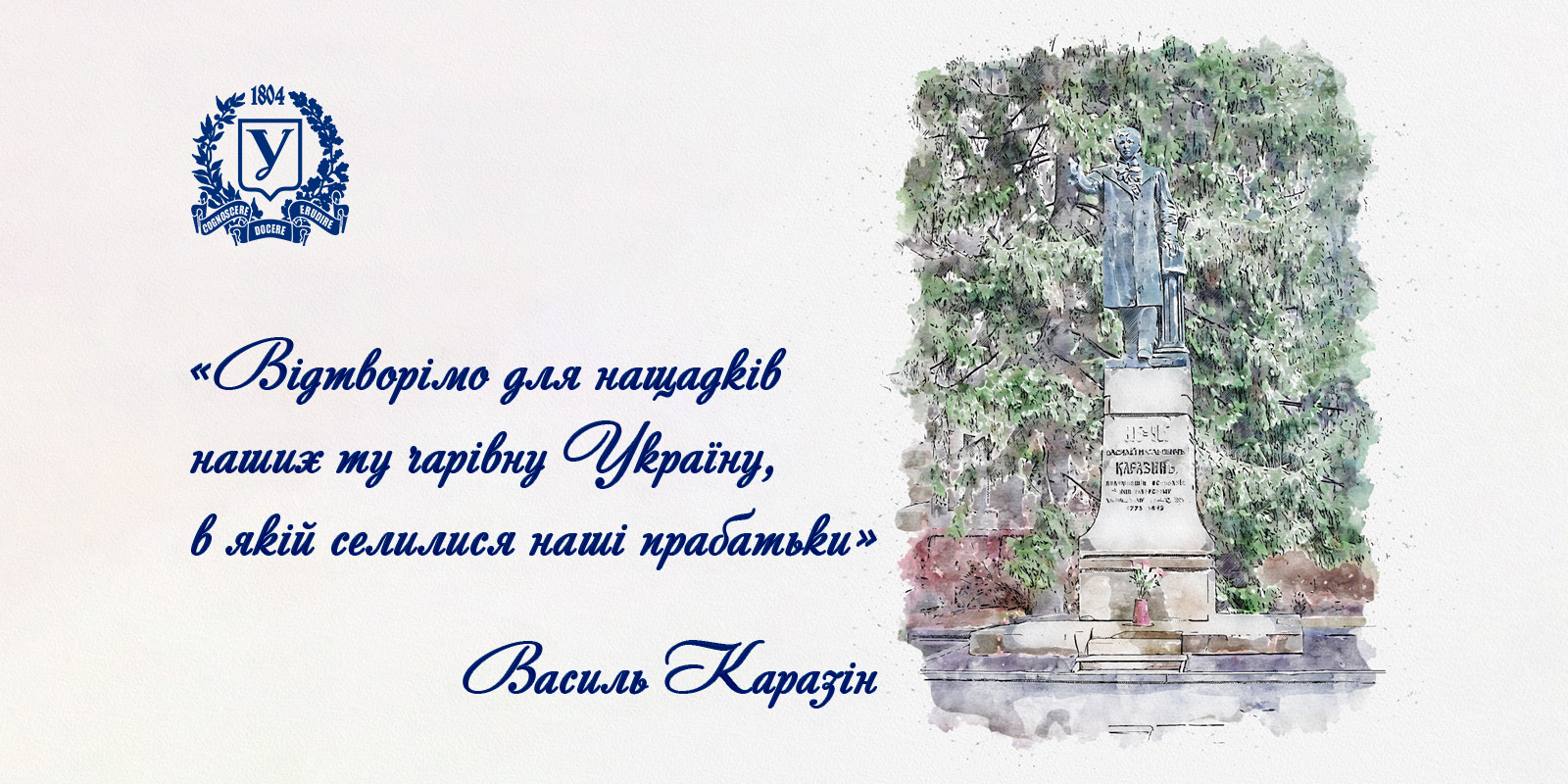
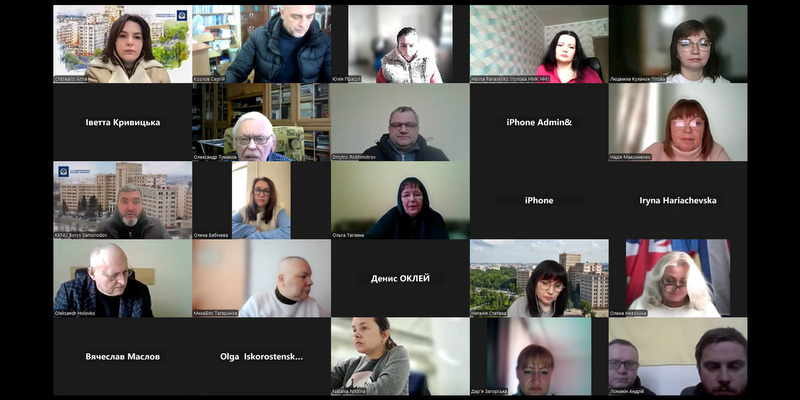
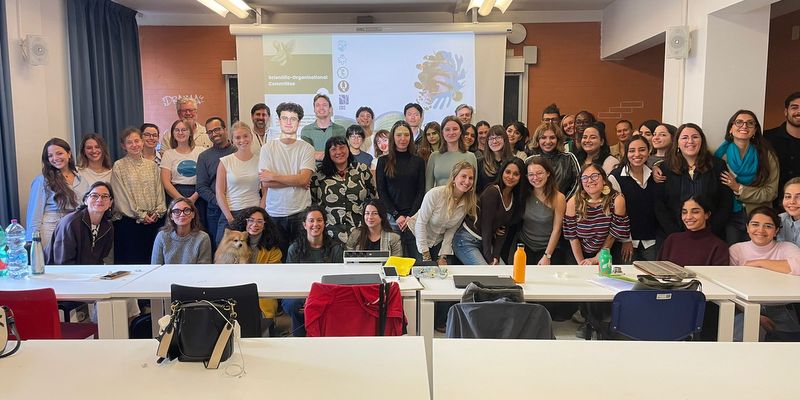
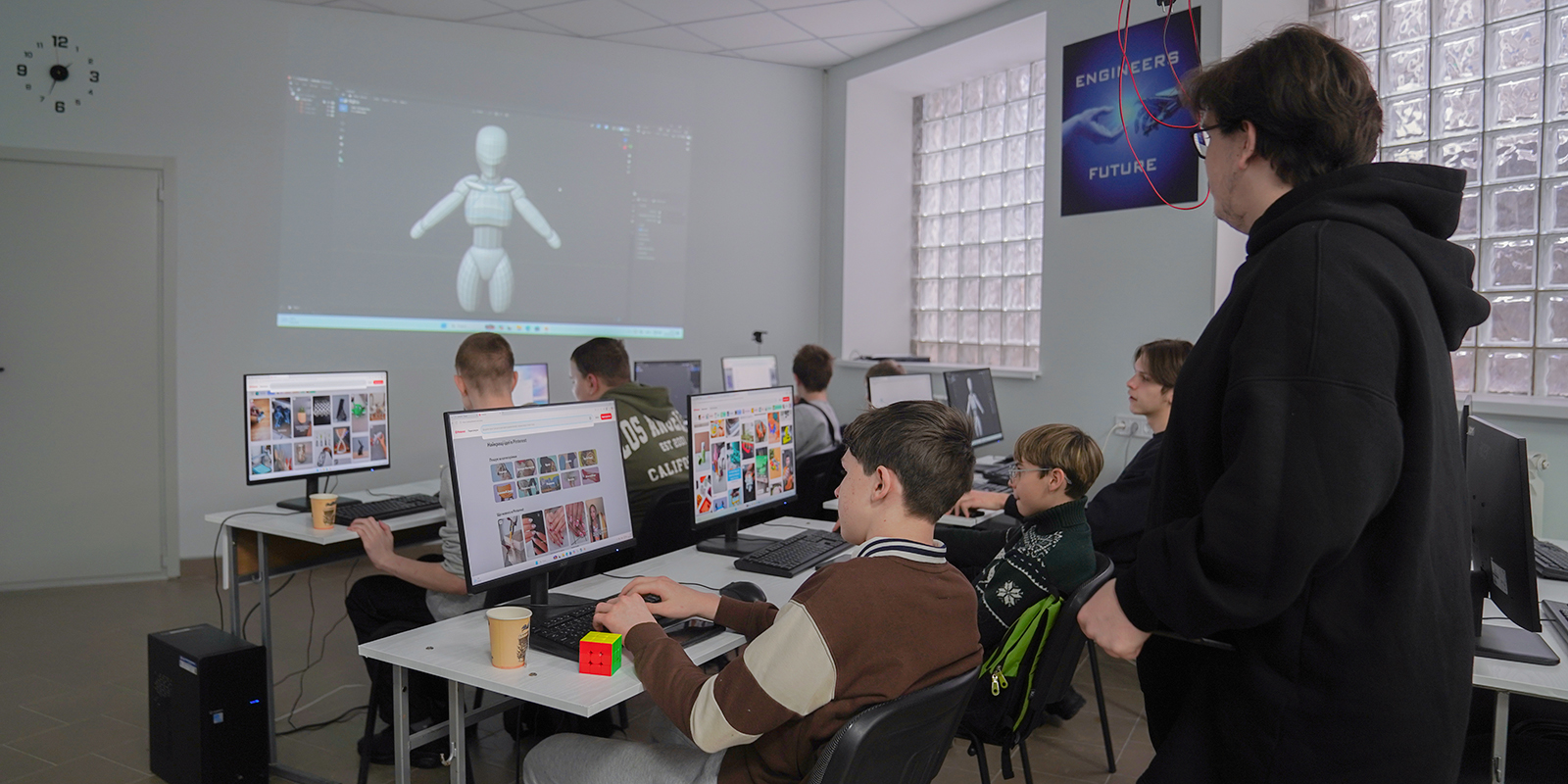
.jpg)
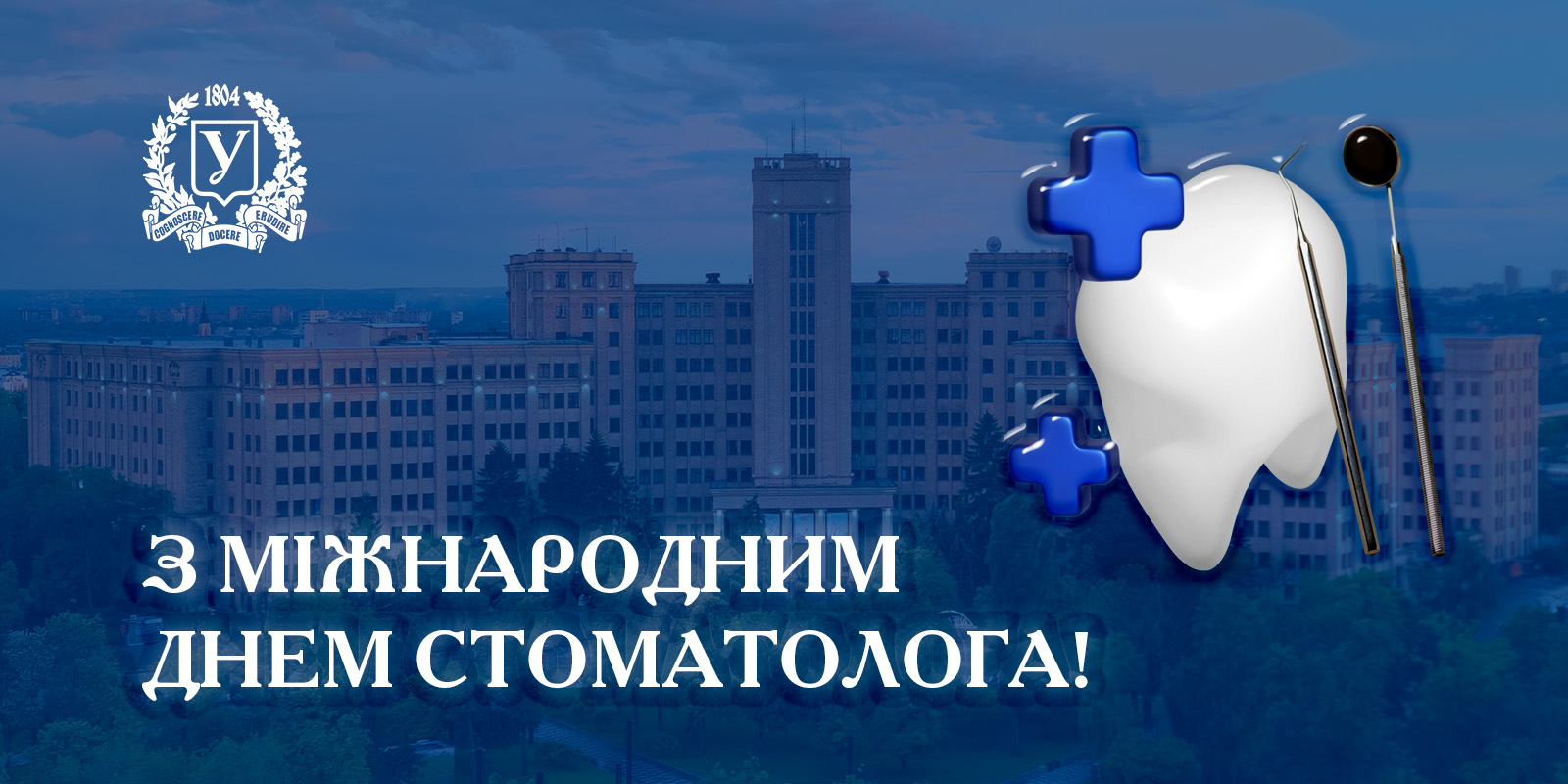
%20(1).jpg)
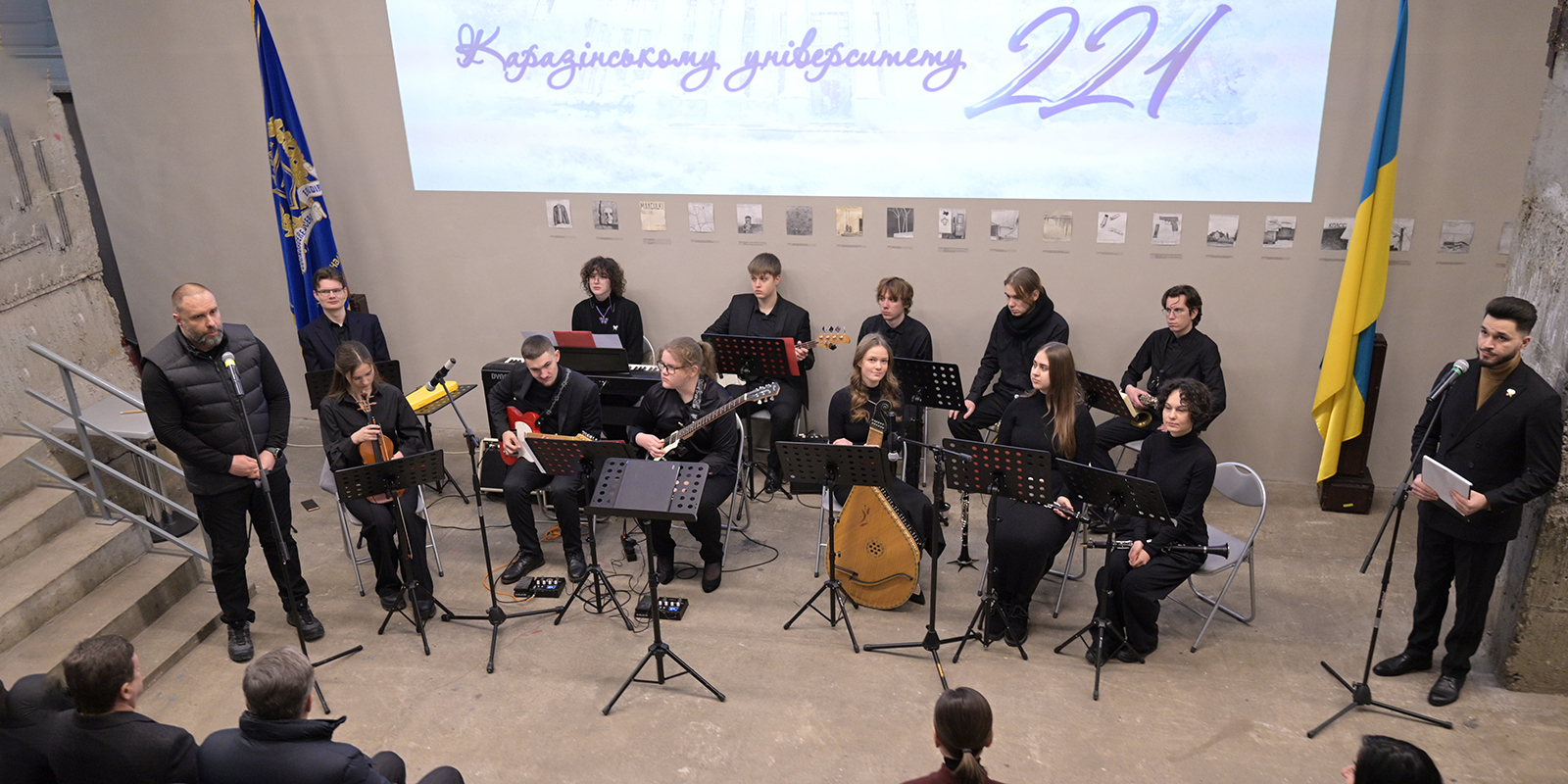
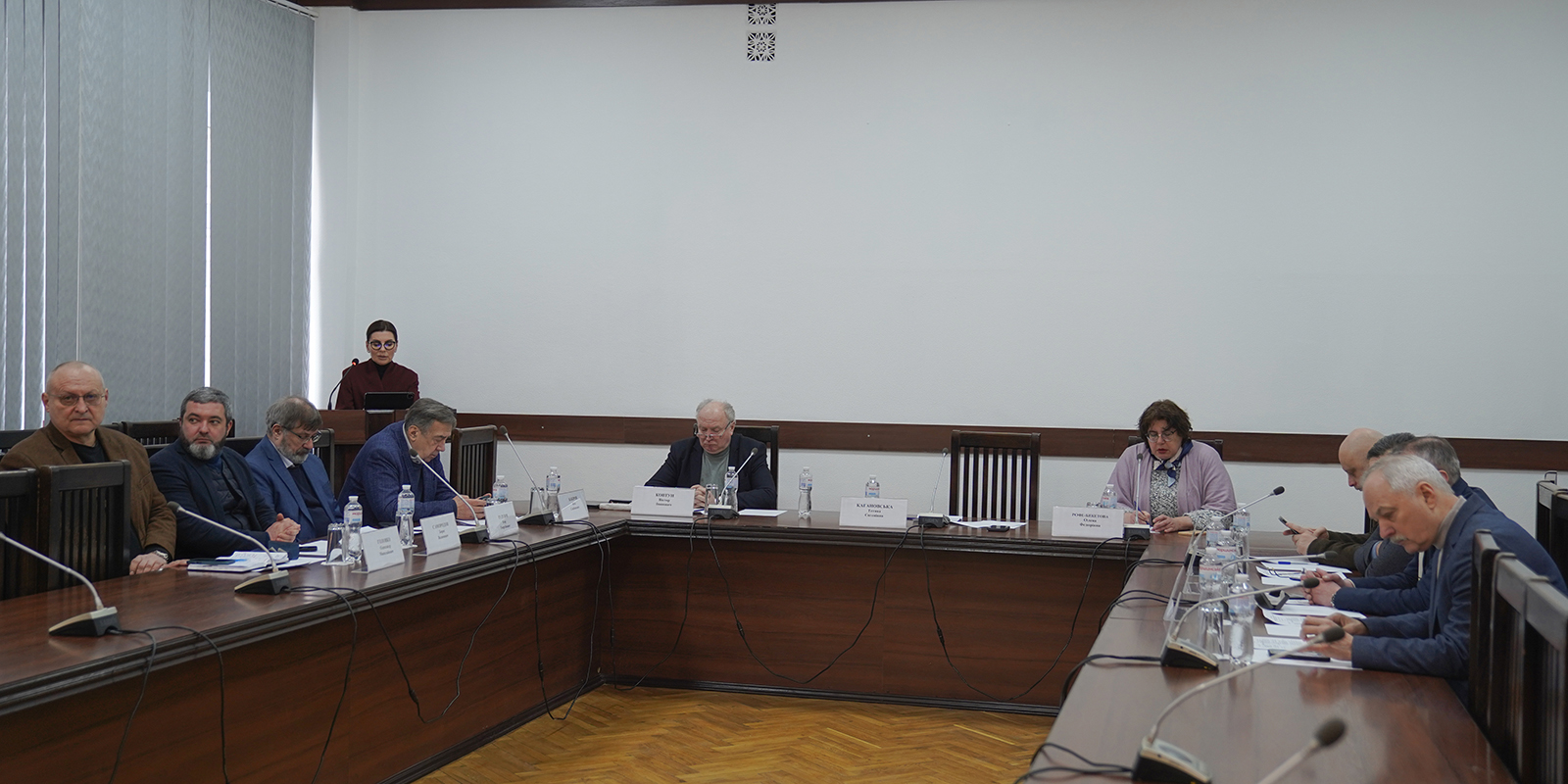
%20(1).png)